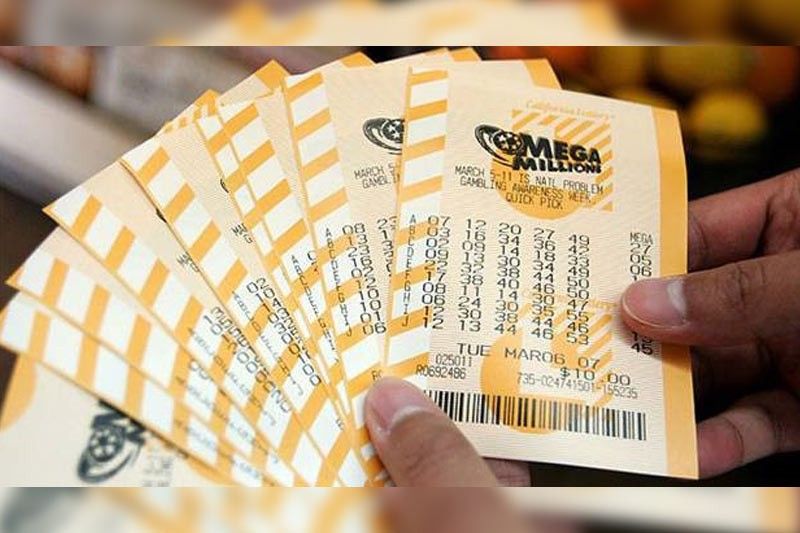
Lottery is a game where multiple people purchase tickets for a chance to win a prize, often a large sum of money. The odds of winning a lottery vary greatly, depending on the price of a ticket, the number of prizes, and how many numbers are needed to match. Most lotteries are organized by governments and offer a range of prizes for a small fee to play.
Despite the fact that most people understand that winning a lottery is a long shot, it is still popular with many. Lotteries are a great way to raise funds for government programs, and they promote the myth that anyone can become rich if they play hard enough. Lottery advertising is a big business, and it often focuses on highlighting the size of a jackpot rather than the actual odds.
However, there are ways to increase your chances of winning the lottery. You can increase your chances of winning by playing more games, buying more tickets, and choosing the right numbers. You can also improve your chances of winning by avoiding superstitions and using math to choose the best numbers. While it’s true that no one has prior knowledge of exactly what will happen in the next draw, mathematics can help you make informed choices and play smarter. It can even help you to avoid expensive mistakes like playing hot and cold numbers, picking numbers that have a sentimental meaning, or using quick picks.